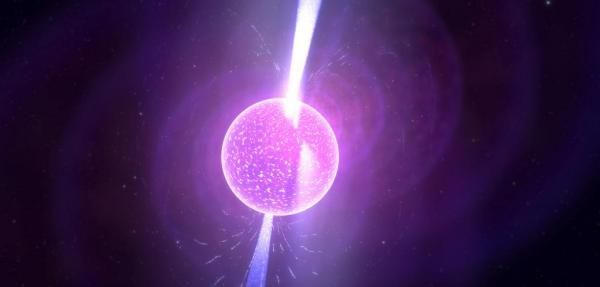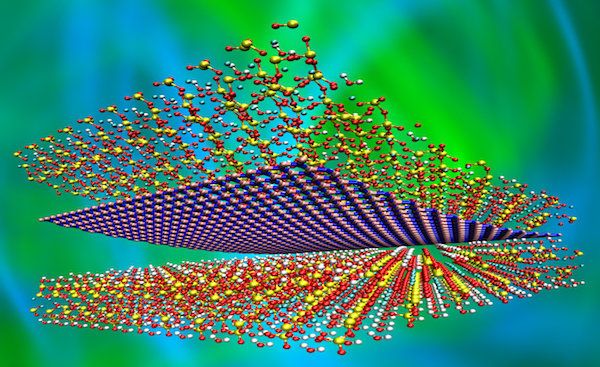DISA director Lt. Gen. Alan Lynn talks about the tech he’s eyeing, some of which is barely out of the theoretical realm.
Tomorrow’s soldiers will wield encrypted devices that unlock to their voices, or even their particular way of walking, and communicate via ad-hoc, software-defined networks that use not radio waves but light according to Lt. Gen. Alan Lynn, who leads the Defense Information Systems Agency, the U.S. military’s IT provider. On Tuesday, Lynn talked about next-generation technologies that DISA is looking into, some of which are barely experimental today.
Here are few of the key areas:







